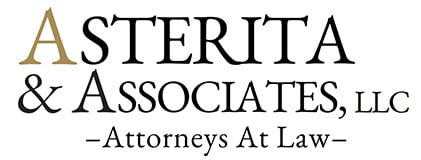When someone is leasing out commercial real estate, they will create a contract for both parties to sign. This stipulates the terms of the lease and what is expected from either individual. It can help to define exactly what costs and obligations each side has, for example, such as stating who needs to pay property insurance or maintenance and upkeep costs. This often falls on the landlord, but not always.
One clause that people will sometimes use is known as an exit clause. How does this work and why would someone want to use it?
Breaking the lease early
Generally speaking, an exit clause is one that gives the tenant or the landlord a chance to break that lease before the term is up. Many commercial properties are on leases that tend to run for 3 to 5 years, rather than short-term leases. An exit clause means that there is a bit more flexibility in these terms and the tenant may be able to move on in certain situations.
For instance, one of the most common reasons to use an exit clause revolves around revenue. A business owner may determine exactly how much they expect to earn at the location and how much they need to make their business viable. If they don’t hit these numbers over the first year, they may be able to exit the lease at that point, rather than stay in a subpar location for the next few years.
These clauses are certainly not used in all leases, but they do show some of the options that exist and why it’s so important for both sides to understand all of their legal rights and obligations.

